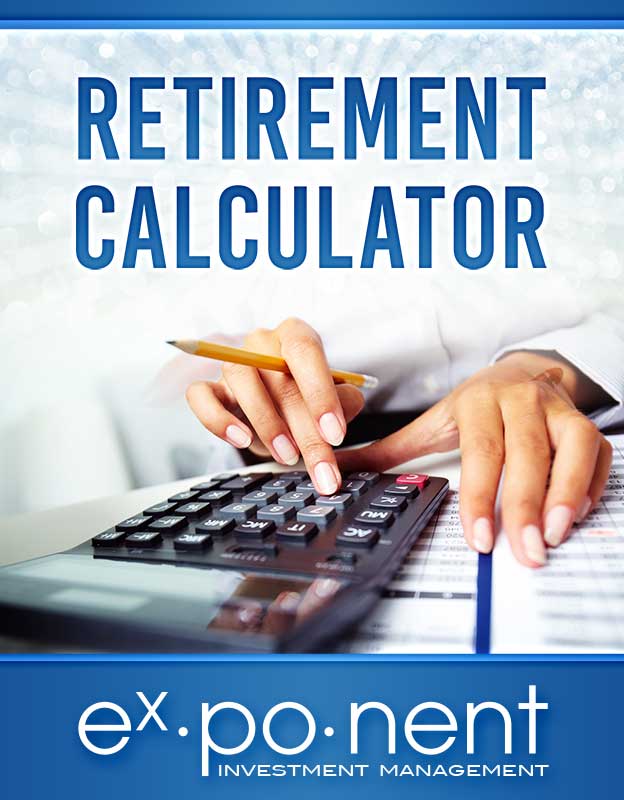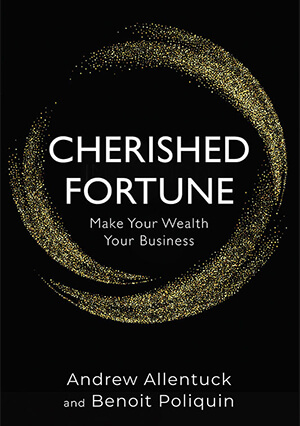A COUPLE’S WEALTH IS ALL TIED UP IN REAL ESTATE, WHICH DOESN’T POSITION THEM CORRECTLY FOR THE FUTURE
In B.C.’ s lower mainland, the Landarms* — Warren, 37, and Betty, 35 — are betting that real estate will be the best investment they can make. The Landarms have two investment condos, one worth $250,000 and another worth $140,000, a $712,000 house and a belief that property will beat stocks and provide them with a pleasant income when they retire from their jobs as tech managers three decades from now.
To buy their house and two income properties, the Landarms cashed in $65,000 worth of stocks held in exchange-traded funds and their TFSAs, and added $50,000 cash for total down payments of $115,000. They have mortgages totaling $841,500 and pay $3,000 a month in principal and interest for their house and $1,526 for the condos. They also plunk down$ 4,100 a monthona $25,000 line of credit used to buy the rental properties. Those debt service charges, $8,626 a month, account for about 65% of their $13,286 total monthly income, which consists of their combined paycheques of $11,444 and rental income of $1,842. “Almost all of our wealth is in real estate,” Warren says. “We could diversify away from that, but we are also considering a small apartment building. We are conflicted.”
Warren and Betty are thinking of moving from active work in their careers as managers of wholesale merchandise companies into partial retirement in their mid-50s, then fully retire in their early 60s. They know rising interest rates could devastate their rental incomes and even reduce the value of their properties. They have to roll over their mortgages in 2019. By then, interest rates may have moved up by 1% or 2%. Of course, they can control their deficit by stretching amortization and lowering monthly payments. That would boost income, but delay equity.
Benoit Poliquin, chief investment officer of Exponent Investment Management Inc. in Ottawa, says the Landarms’ lack of diversification is a concern, but it is not a crisis to have a portfolio with a great deal of one asset class and little in others. After all, they can build up and diversify over time. Moreover, real estate has flexible accounting rules that permit investing in the cost base of rental properties and building up their balance sheets, then using rental income or nibbling at the capital value at will in retirement. Real estate investments can be seen as a start in building a family’s fortune. Eventually, there must be diversification into other assets, he says, which will give the couple more stability and certainty in their plans.
Real estate investments have unique characteristics as retirement vehicles. Unlike Registered Retirement Income Funds, which are required to pay out their value.
To read the original article click here





